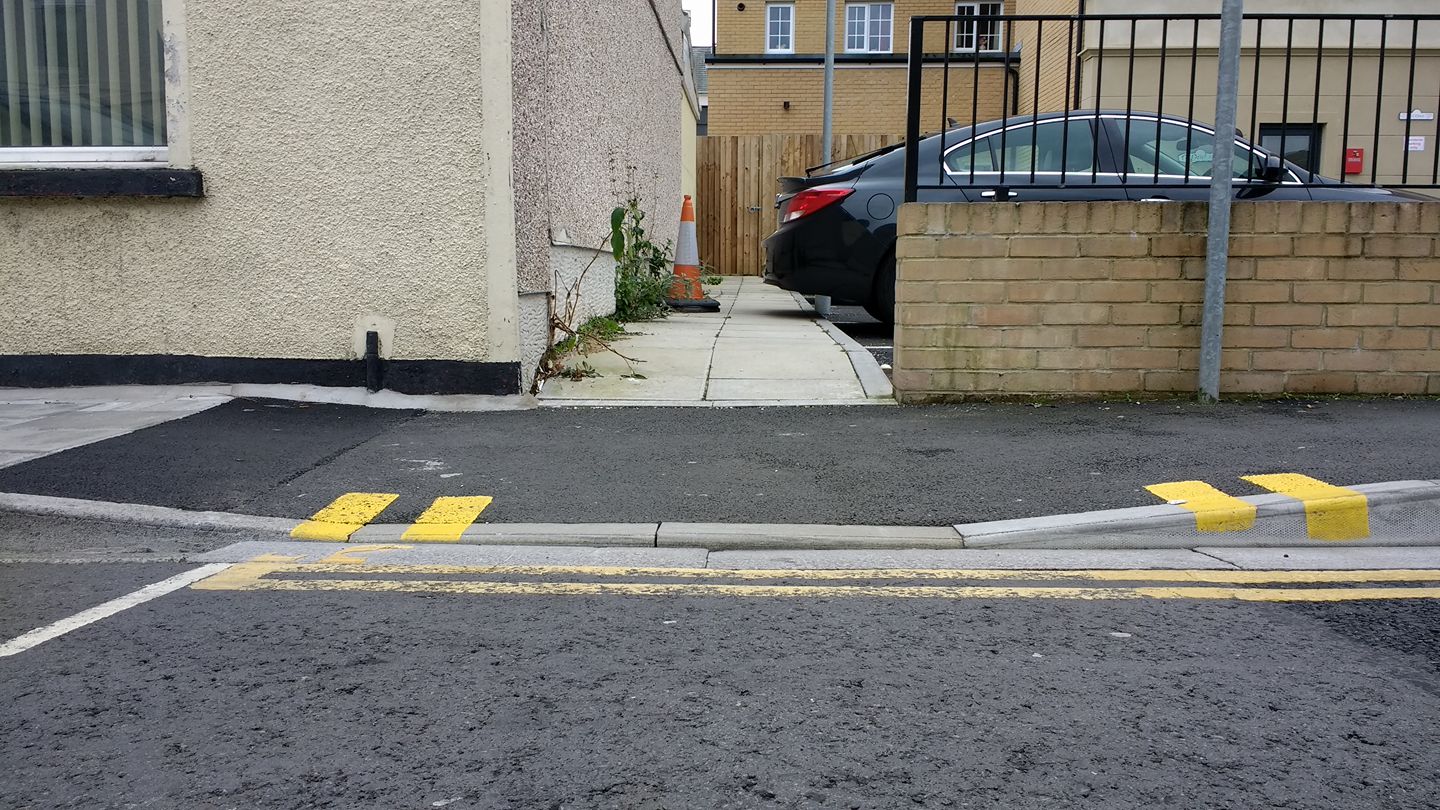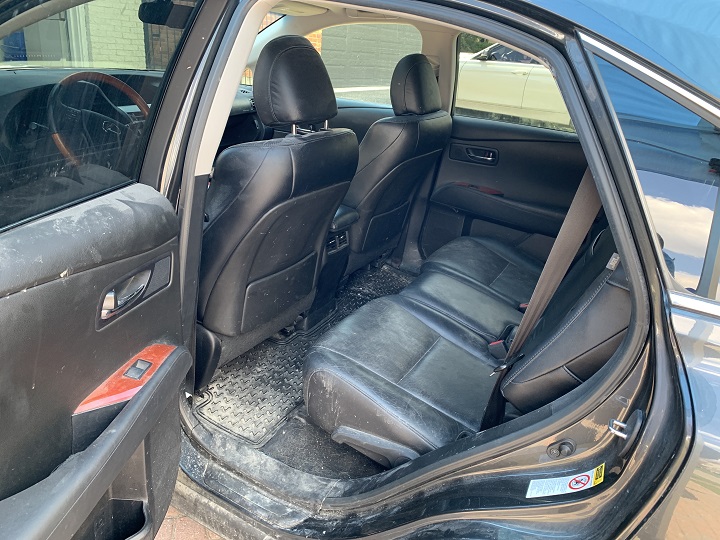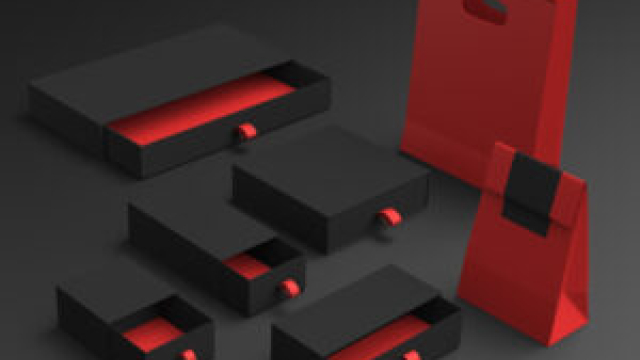Installing a dropped kerb is more than just lowering a pavement—it’s an investment in your property’s accessibility and visual appeal. One crucial element often overlooked is the surface finish. Choosing the right surface not only ensures durability and safety but also complements your driveway design. In this blog, we’ll explore the most popular surface options available for dropped kerb installations in Durham and help you decide which is best for your home.
Why Surface Choice Matters
The surface material used for your dropped kerb must:
-
Be strong enough to handle vehicle weight
-
Offer grip in all weather conditions
-
Match or enhance your existing driveway aesthetics
-
Comply with local council regulations
At Driveways Durham, we offer a variety of surface options to suit different budgets, styles, and council requirements.
1. Tarmac (Asphalt)
Generally, gravel is not allowed for the surface of dropped kerbs. Local councils typically prohibit gravel because it’s loose and can scatter onto pavements and roads, creating hazards for pedestrians, cyclists, and vehicles. Gravel also doesn’t offer the structural strength required to support vehicle traffic across public footways. If your driveway is gravel, the dropped kerb section must still be surfaced in a solid, fixed material like tarmac, concrete, or block paving to comply with regulations.
✅ Pros:
-
Most commonly used by councils
-
Cost-effective
-
Quick to install and set
-
Smooth and clean appearance
❌ Cons:
-
Basic in appearance
-
Can soften in high heat
-
Less decorative than other options
Tarmac is the go-to choice for many homeowners because it’s widely accepted by councils and blends in with existing road surfaces.
2. Block Paving
✅ Pros:
-
Attractive, decorative finish
-
Wide variety of colours and patterns
-
Excellent durability
-
Easy to repair by replacing individual blocks
❌ Cons:
-
More expensive than tarmac
-
Installation takes longer
-
Weeds may grow between joints
Block paving is ideal if you want a premium look that matches or elevates your driveway. It’s a popular choice among property owners looking to boost kerb appeal.
3. Concrete
✅ Pros:
-
Strong and durable
-
Customisable with textured or stamped finishes
-
Low maintenance
-
Suitable for sloped surfaces
❌ Cons:
-
Can crack over time if not properly laid
-
Less flexible in terms of design compared to block paving
-
Longer curing time
Concrete is a solid all-rounder, balancing strength with neat appearance, and works well for both residential and commercial properties.
4. Resin Bound Surfacing
✅ Pros:
-
Modern and stylish appearance
-
Permeable (helps with drainage)
-
UV-resistant (won’t fade)
-
Smooth and anti-slip finish
❌ Cons:
-
Higher cost
-
Installation requires experienced professionals
-
Can be damaged by heavy commercial vehicles
For homeowners wanting a high-end, contemporary finish that pairs beautifully with resin driveways, resin-bound surfaces are an excellent option.
5. Gravel (Not Council Approved for Dropped Kerbs)
Although gravel is a popular choice for driveways, it’s typically not permitted for dropped kerbs due to movement, loose stones, and lack of stability. Councils usually require a solid, fixed surface to ensure safety for pedestrians and vehicle stability.
Matching Your Driveway
It’s essential to match the dropped kerb surface with your driveway for a cohesive and polished look. Many homeowners choose block paving or resin for both, while others stick with tarmac for practicality. Always check with your local authority, as some councils have strict specifications about the surface material and finish.
Council Regulations: What to Know
Before selecting a surface:
-
Contact your local council to understand approved materials
-
Ensure your chosen surface meets highway standards
-
Use a council-approved contractor like Driveways Durham to avoid penalties or future issues
Conclusion
The surface you choose for your dropped kerb affects more than just looks—it impacts safety, performance, and council approval. Whether you prefer the simplicity of tarmac or the elegance of resin, always prioritise durability and compliance. At Driveways Durham, we guide homeowners through every step of the dropped kerb process—from permissions to the perfect finish. We offer a full range of surface options tailored to your property and budget.
Frequently Asked Questions (FAQs)
What is the most common surface used for dropped kerbs?
The most common and widely accepted surface for dropped kerbs is tarmac. Local councils often prefer tarmac because it provides a durable, smooth finish that matches the existing road and pavement. It’s also cost-effective, quick to install, and weather-resistant, making it ideal for most residential access points. Tarmac is especially favoured for its low maintenance and ability to handle frequent vehicle use.
Can I use block paving for a dropped kerb?
Yes, block paving is a permitted surface option for dropped kerbs in many areas, especially where visual appeal is a priority. It offers a decorative and premium finish, with various colours and patterns to match or complement your driveway. However, it’s essential to have block paving laid by council-approved contractors, as incorrect installation can lead to uneven surfaces, drainage issues, or rejection by your local authority. Always check with the council first to ensure block paving meets their standards.
Is resin bound surfacing suitable for dropped kerbs?
Resin bound surfacing is increasingly popular for dropped kerbs thanks to its sleek, modern appearance and practical benefits. It’s permeable, meaning water drains through it, reducing puddling and helping with flood prevention. It’s also UV-stable and provides a smooth, anti-slip surface. While it’s generally more expensive than tarmac or concrete, many homeowners choose resin for its long-term value and aesthetic appeal. As with other premium options, always use an experienced installer approved by your local council.
Are gravel driveways allowed with dropped kerbs?
Generally, gravel is not allowed for the surface of dropped kerbs. Local councils typically prohibit gravel because it’s loose and can scatter onto pavements and roads, creating hazards for pedestrians, cyclists, and vehicles. Gravel also doesn’t offer the structural strength required to support vehicle traffic across public footways. If your driveway is gravel, the dropped kerb section must still be surfaced in a solid, fixed material like tarmac, concrete, or block paving to comply with regulations.
Do councils restrict which surface I can choose for a dropped kerb?
Yes, local councils have strict guidelines on acceptable surface types for dropped kerb installations. These restrictions ensure safety, durability, drainage compliance, and visual uniformity in public areas. Before selecting your surface material, it’s important to consult your council’s dropped kerb policy or speak with a contractor familiar with local rules. Some councils only allow specific materials or may require surface types that match nearby pavement works. Using council-approved contractors like Driveways Durham ensures full compliance and avoids costly mistakes.




